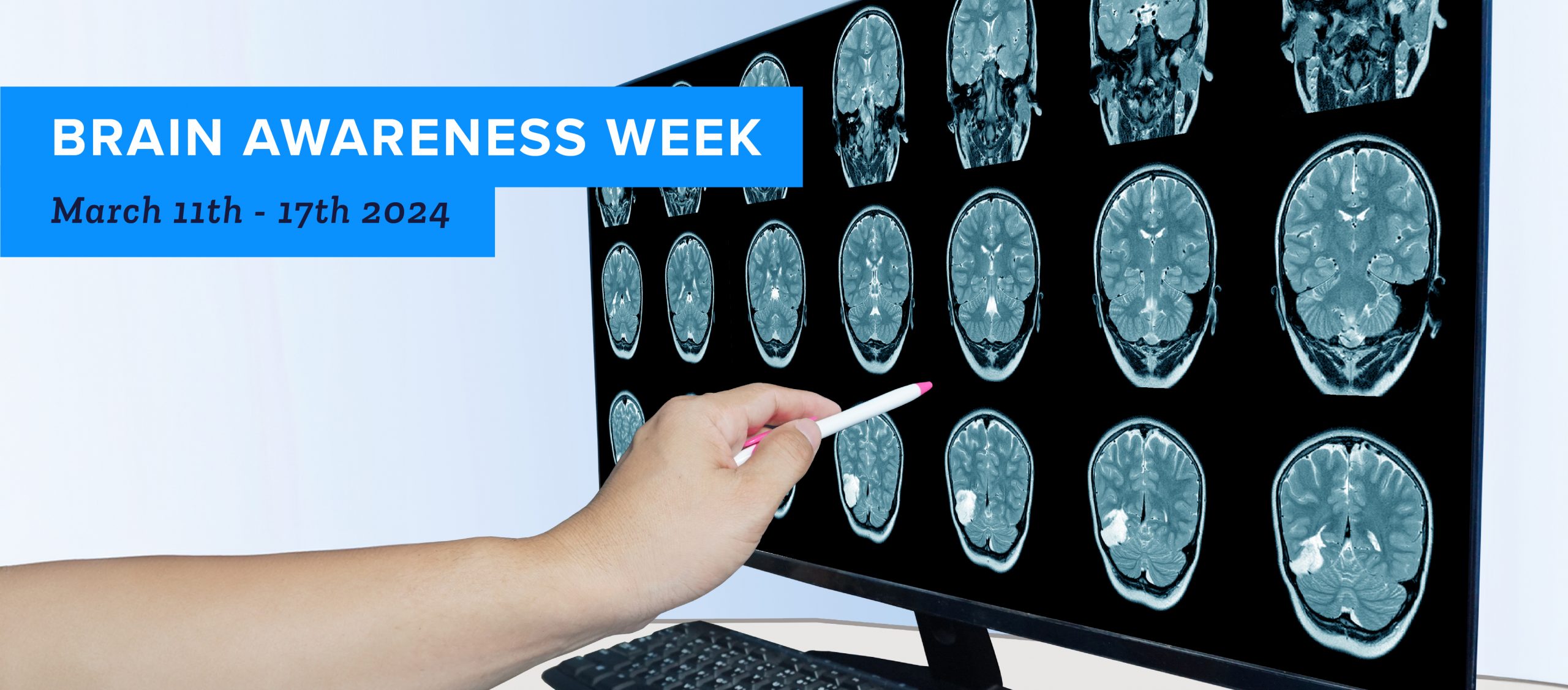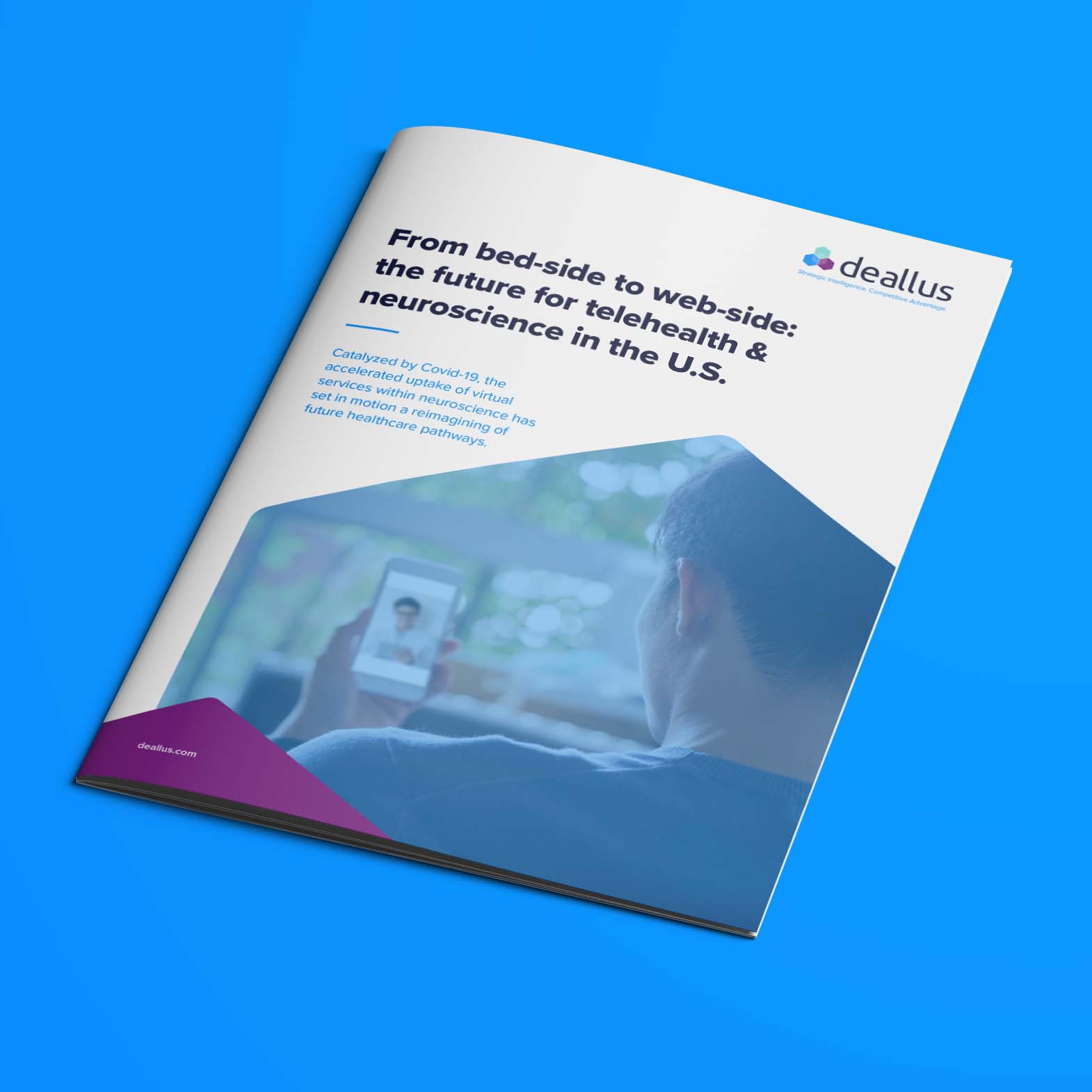Brain Awareness Week
Brain Awareness Week is a global campaign held every March that aims to increase public support and excitement for brain science. One of its key objectives is to inspire the next generation of brain scientists – as we consider the drug development landscape, we can’t imagine a more exciting time to be working in neuroscience.
After more than a decade of diminishing progress in the development of new therapies for brain health, recent years have seen a marked uptick in positive momentum. In the 90s and early 2000s, multiple blockbuster brands launched in psychiatry – e.g. ABILIFY, ZOLOFT and ZYPREXA – and major pharma players including Astra Zeneca, BMS, J&J and Pfizer appeared solidly established in neuroscience. Despite these commercial successes, innovation in psychiatry proved challenging. FDA approved 32 new drugs in psychiatry from 2000 to 2020, and only 11 of these were NMEs; big pharma leaned heavily into reformulations of existing molecules to enhance their pipelines and mitigate declining revenues as these blockbuster drugs lost market exclusivity.
In the 2010s, major successes in neurology drug development were limited to a small number of diseases – notably, multiple sclerosis – in which scientific understanding of disease etiology far outpaced the norm. Major investments from big pharma in the development of disease-modifying therapies (DMTs) for Alzheimer’s disease culminated in a series of disappointing late-stage clinical readouts in the 2010s; limited progress was made in other neurodegenerative diseases, e.g. ALS and Parkinson’s disease, during this period. Compared to oncology, which saw 120 NMEs approved by FDA from 2010-2020, only 36 NMEs were approved in neuroscience (=psychiatry plus neurology) during this period. In the wake of these headwinds, many big pharma pulled back investments in neuroscience to focus on therapy areas with higher success rates.
But even during this relatively bleak period of drug development, scientists and clinicians globally remained committed to researching new, viable treatment options for brain health. And today, the outlook for pharma’s prospects in neuroscience is much brighter. In addition to a number of scientific breakthroughs in our understanding of the brain, investments in early-stage neuroscience drug programs saw an uptick in the late 2010s. The COVID-19 pandemic triggered millions to seek treatment for depression and anxiety, and in doing so, placed a harsh spotlight on the myriad of unmet needs in the treatment of mental health conditions. In recent years, major players including Pfizer and BMS invested billions to acquire companies and assets in neuroscience, and innovative launches are on the horizon in both neurology and psychiatry. Evaluate Pharma’s top 10 most anticipated drug launches highlighted KarXT (Karuna Therapeutics) for schizophrenia as the biggest launch of 2024; donanemab (Eli Lilly) for Alzheimer’s disease came in number two. The first antipsychotic that targets both positive and negative symptoms of schizophrenia is on the cusp of FDA approval. DMTs for Alzheimer’s disease have finally made it to market, although not without controversy. Where FDA has been more open to approval for the benefit of expanding treatment options, EMA has been steadfast in refusing to accept drugs with high-risk safety profiles. And even FDA is proceeding with caution, as underscored by the recent delay in donanemab’s approval pending an advisory committee to better understand its safety and efficacy profile. Despite this setback, there are many successes worth celebrating during this year’s Brain Awareness Week, many of which will bring hope to millions of patients and their families.
Neuroscience continues to be one of Deallus’ leading therapeutic areas, both in project volume and the expertise held by our consulting staff. We’ve had the privilege of partnering with many pharma organizations over the years as they navigate the challenges and complexities of drug development and commercialization within neuroscience.
References:
https://dana.org/brain-awareness-week/
https://www.fiercepharma.com/special-reports/top-10-biopharma-ma-deals-2023
https://www.biopharmadive.com/news/pharma-neuroscience-retreat-return-brain-drugs/570250/
https://www.nature.com/articles/nrd.2018.16
Author – Anna Scott
March 2024
You may also be interested in…
The future for Telehealth & Neuroscience in the U.S.
Catalyzed by Covid-19, the accelerated uptake of virtual services within neuroscience has set in motion a reimagining of future healthcare pathways.




